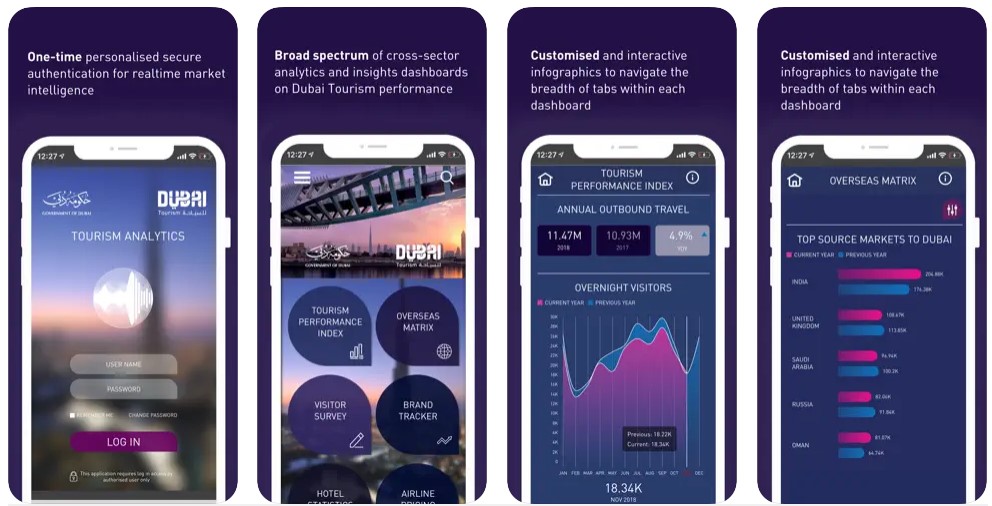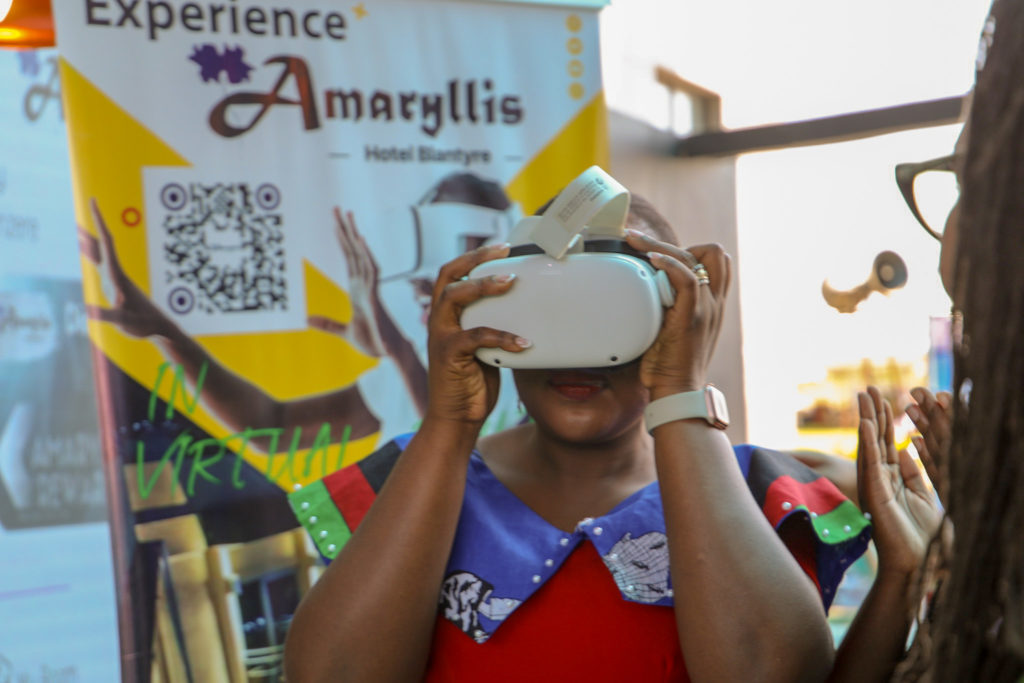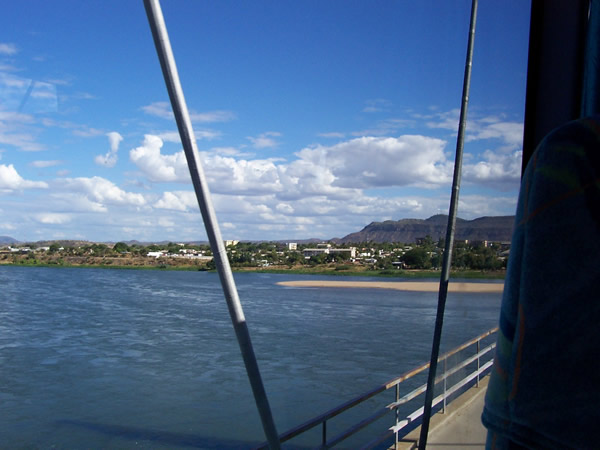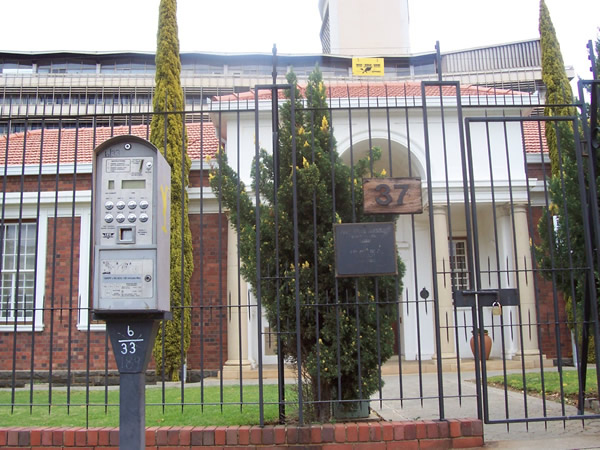The United Nations Development Programme (UNDP) Accelerator Lab and the Ministry of Tourism recently held an inception meeting for the Artificial Intelligence (AI) for Tourism Project. The project aims at developing a data analytics platform for the Malawi Department of Tourism to help them make data-driven decisions.
Currently, tourism-related data is recorded on paper and periodically collected from stakeholders. This data includes visitor exit cards collected at airports and monthly occupancy statistics collected from hotels. This project will facilitate real-time data collection and use AI to analyse and provide timely insights for forecasting and planning. It is envisioned that the platform will also increase strategic collaboration between the government and key ecosystem stakeholders.
Similar projects have been developed or are under development in Dubai, Singapore and Zanzibar.

Artificial Intelligence fears
I attended the project inception meeting and had a chat with some of the participants before the presentations started. A lodge owner in attendance was eager to understand what the project was all about and if the AI solution posed a threat to jobs in the industry.
Her fears were not unfounded, as there has been a lot of talk about how AI will kill jobs. But I also got to learn that a good percentage of tourism operators in Malawi are also skittish about technology in general. Some to the extent of refusing to use online platforms for marketing. That revelation was pretty unsettling.
Last week I went to see a visitor who was staying at a hotel in Lilongwe. When I inquired with the receptionist, she said they do not have a guest by that name. When pressed, she said, “Well, the guest we have made an online booking but I don’t have her details with me”. How absurd that the reception had no idea who was lodging at their property. All this time, there was a computer sitting idly on her desk, which she obviously could have used to check on the guest list. Luckily, I had the guest’s number and gave her a call.
This was a great example of either an establishment or a staff member not wanting to use tech for simple customer service. Yet there are many ways technology can help operators, properties and agents. And I am not even delving into AI here.
Using technology for customer service
Our receptionist above could have easily used a reservation system if the hotel had one. Or at least a spreadsheet? Hey, it is a hotel! That would have saved her the embarrassment of claiming they didn’t have a said guest and then seeing the same guest walk into the reception area a minute later. Such systems hold customer details and help operators know who their customers are and what they like. Drilling down into the data can reveal many general and specific trends.
The information can help businesses plan around seasons, staff and meals, among others. Guests can also receive occasional communication of specials and offers.
Digital marketing to attract customers and talent
Websites and online platforms do more than just sell your products and services. They provide a platform to showcase your values, which are an attraction for both prospective customers and well as prospective employees. Websites allow you to engage with prospects and also seek permission to collect their data. That data helps you further segment your customers and target them with the appropriate communication.

Virtual Reality
VR technology creates virtual environments where tourists can experience destinations and their hotels, activities and culture even before they travel. This can help them plan their travels by choosing activities they wish to undertake while on vacation or selecting the type of hotel room they wish to occupy. On the part of industry players, VR can help them market their destinations through virtual tours on their websites or via VR headsets at tourism exhibitions.
On the backend, tourism players can employ many technologies that help with digital payments, revenue optimisation, project management, customer relations management and menu planning, among others.
Artificial Intelligence applications in tourism
Well, I had to get to AI at some point. I have not done thorough research, but I know that there are several applications out there. During the AI in Tourism meeting, one participant said he wanted a way to know where and when to see lions in a national park. Like the exact spot. I believe that AI can be used to give recommendations of things to do and see in a particular location based on someone’s preferences, interests and demographic information.

Virtual assistants
Businesses can use virtual assistants or chatbots to provide 24/7 support on their websites. Bots are widely used on social media platforms, too. They can help a hotel or tour guide provide fast and efficient service through their website at any time of the day. These bots can also be used to perform simple tasks like making reservations and generating invoices.
ChatGPT
ChatGPT is a natural language processing tool driven by AI technology that allows you to have human-like conversations. It can answer questions and assist you with text composition tasks. Players in the industry can use ChatGPT in many ways, like
– help marketing teams develop compelling and engaging content for their websites, social media posts and promotional material.
– help conduct market research and gather valuable insights and tourism trends in local and international markets.
– help develop travel itineraries based on inputs given like a traveller’s interests, budget and time, among others.
– help translate communication from and with guests using its language translation capabilities.
Data and Sentiment Analysis
Also called sentiment analysis, AI can be used to analyse customer feedback surveys and customer reviews. This data can be scraped from social media comments, emails and online reviews. The insights gleaned from this can be used to improve customer service, food menus, property ambience and many other services.
Technology innovation as a culture
Some tourism players, especially small operations, obviously can’t adopt technology for every aspect of their business. They can, however, narrow down on the areas where technology would help them the most to improve efficiency and performance.
Tech innovation should be part of the culture of every organisation in the tourism industry. There is a saying, “AI will not replace employees. Employees who use AI will replace those who don’t!”
To receive an occasional email of stories from the #LifeUnbound blog and other gems, subscribe below.


